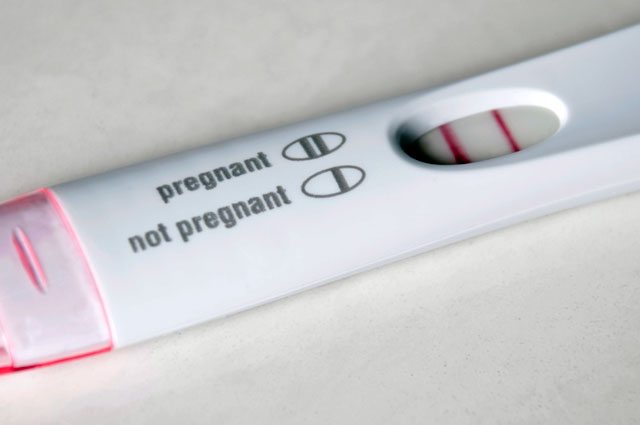By John Fritze
The Baltimore Sun.
In a case that could have a profound impact on the rights of pregnant employees, the Supreme Court on Wednesday wrestled over whether a Maryland UPS driver faced discrimination when she was asked to leave her job because her pregnancy prevented her from lifting heavy packages.
At issue is whether a 1978 federal law requires companies to assign expecting mothers light duty or shorter hours if the business makes the same accommodations for injured workers.
Peggy Young, a Virginia resident who worked in Landover, Md., sued United Parcel Service in 2008 when a manager told her the company would not reassign her and that she could no longer perform her current job when her midwife recommended she not lift anything weighing more than 20 pounds.
She was required to take an extended leave of absence and lost her medical insurance.
Her case prompted the Maryland General Assembly to approve a state law last year preventing similar outcomes in the future. At least 14 other states, including California and Illinois, have adopted such measures.
In a surprising set of exchanges before the Supreme Court, the justices said they thought the 1978 Pregnancy Discrimination Act could be read two ways: both as extending “favored” treatment to pregnant women but also potentially allowing companies to deny special accommodations if the same policy is applied to off-the-job injuries.
“What we know about the [law] is that it was supposed to be about removing stereotypes of pregnant women as marginal workers,” Justice Elena Kagan argued in one of the more passionate interactions on Wednesday. “It was supposed to be about ensuring that they wouldn’t be unfairly excludedfromtheworkplace.”
Caitlin J. Halligan, representing UPS, said the company’s policy does not discriminate against pregnant women but rather treats those workers the same as employees who suffer an off-the-job injury. The company doesn’t necessarily make special accommodations for those injured outside of work.
“The policy that’s at issue here … distinguishes onthejob versus offthejob injuries. That’s a distinction that’s echoed in state and in federal law,” Halligan said. “That’s a far cry from a policy that singles outpregnant women.”
Young’s attorney countered that companies violate the federal law if they give different treatment to any other workers who have a temporary disability — regardless of where or how it occurred.
“Employers have to treat pregnancy-related conditions as favorably as they treat non-pregnancy related conditions,” Samuel R. Bagenstos, a University of Michigan law professor, told the court.
The U.S. District Court in Maryland and the Court of Appeals for the 4th Circuit ruled against Young, but her attorney said those decisions are at odds with a 1996 ruling from the 6th Circuit that takes a more expansive view of the 1978 law.
That law says that “women affected by pregnancy” must be treated the same as “as other persons not so affected but similar in their ability or inability to work.”
The decision could have significant implications for both pregnant women in the workplace and employers.
“This case is important for all employees and businesses,” said Sara Love, public policy director at the ACLU of Maryland, which pressed for the adoption of the law in Annapolis. “The intent of the federal law was not to put an undue hardship on pregnant employees.”
Sen. Jamie Raskin, a Montgomery County Democrat who helped shepherd the bill through the legislature, agreed.
“Most women are going to be pregnant at some point in their lives and most women are in the workforce,” he said. “And so we have to guarantee that they’re treated with equal rights and dignity in the work place.”
Young, who worked at UPS as an early-morning driver, was required to be able to lift 70 pounds. But because most of her packages were arriving by air — in which higher weight parcels meant higher prices — she said her work usually involved light envelopes.
Young could not be reached for comment Wednesday, but she told The Baltimore Sun last year that she supported the Maryland law, even though she felt women in her situation should already be covered under the federal statute.
“I believe they should have let me work under the current law, but they do need to do something for pregnant women,” she said at the time. “God chose us to have kids. … And you shouldn’t be made to choose whether you want to have a baby or work.”














































































































































































































































































































































































